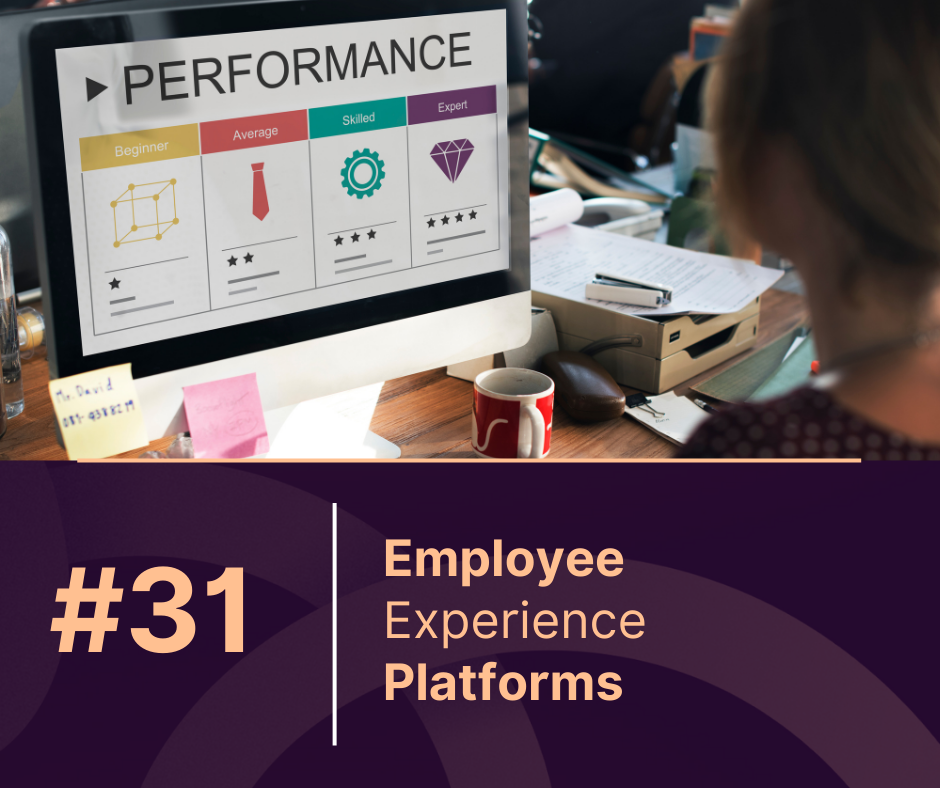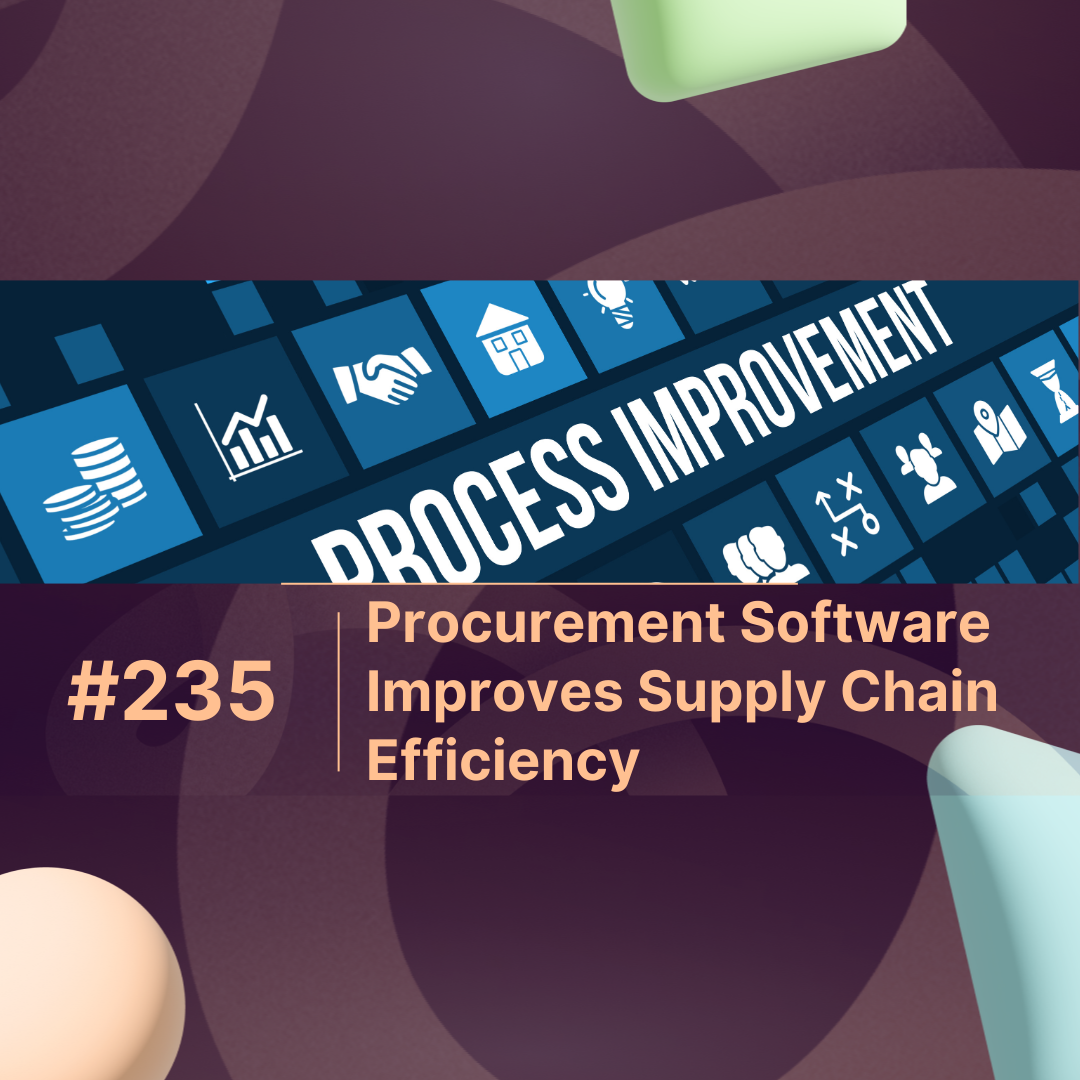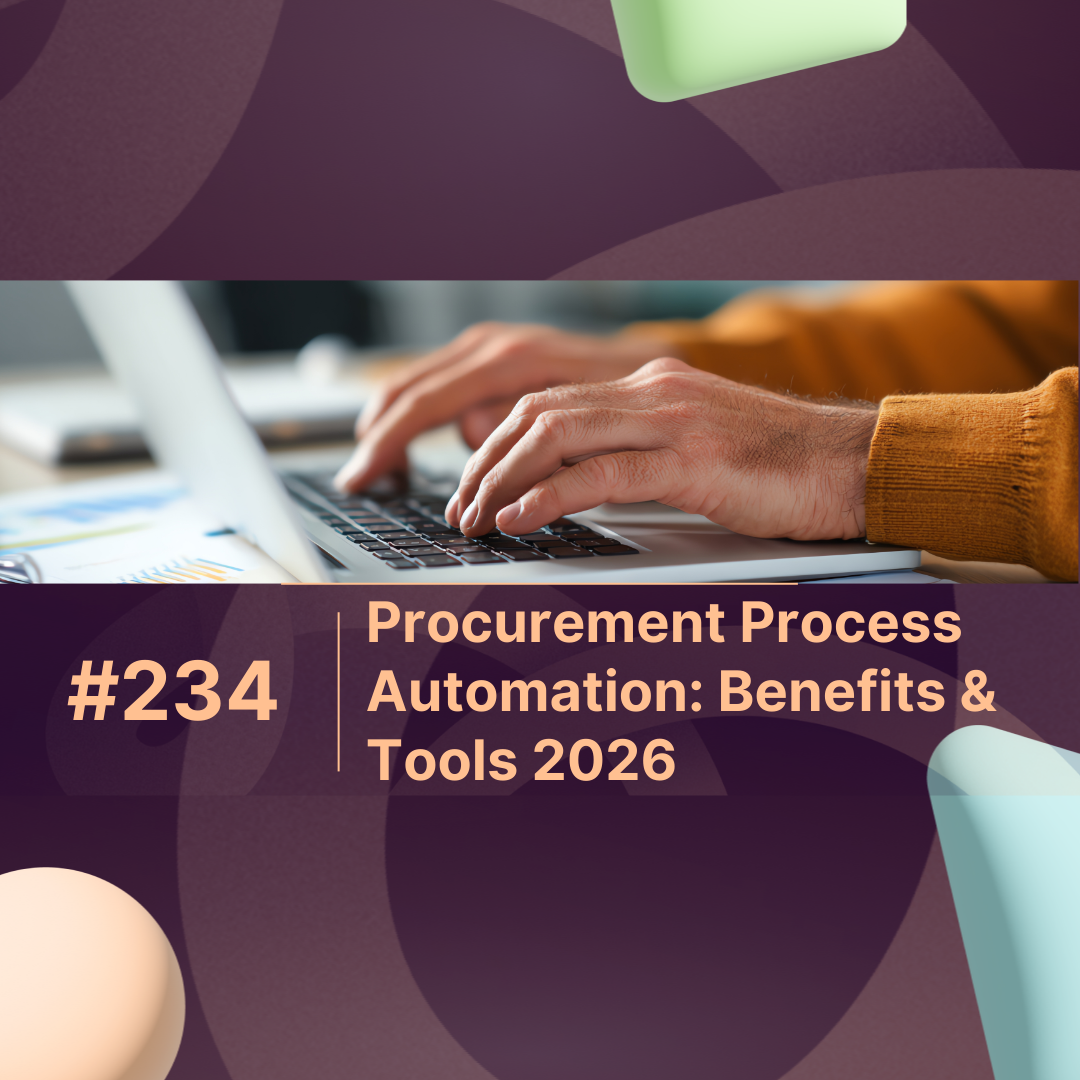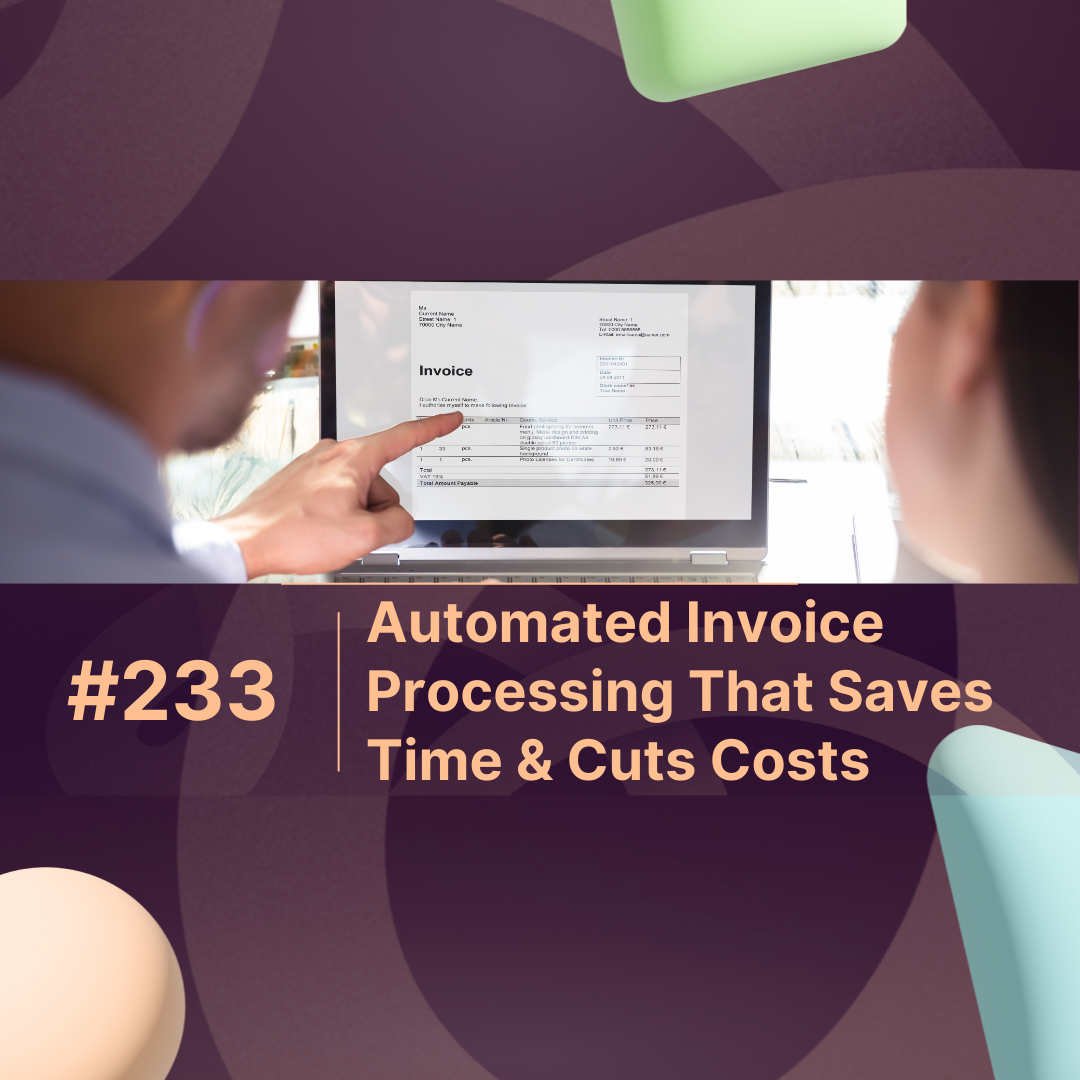In today’s fast-paced business environment, the focus on employee experience (EX) has become more critical than ever. As organizations strive to attract and retain top talent, they are increasingly recognizing that a positive employee is integral to fostering a motivated and engaged workforce. Enter Employee Experience Platforms (EXPs), a transformative approach to human resource management systems (HRMS) that is poised to redefine how organizations manage their workforce.
Understanding Employee Experience
Employee experience encompasses every aspect of an employee’s journey within an organization, from recruitment and onboarding to career development and offboarding. It includes the physical, cultural, and technological environment in which employees work. A positive employee enhances job satisfaction, increases productivity, and reduces turnover rates, ultimately contributing to the organization’s success.
The Rise of Employee Experience Platforms
As the importance of employee experience becomes more widely recognized, businesses are turning to Employee Platforms to streamline and enhance their HR processes. These platforms integrate various HR functions—such as recruitment, onboarding, performance management, and employee engagement—into a single, user-friendly interface. This integration not only simplifies HR operations but also provides employees with a more cohesive experience throughout their journey in the organization.
Key Features of Employee Experience Platforms
- Centralized Data Management: Employee Experience Platforms consolidate employee data into a single source of truth, allowing HR teams to access and analyze information efficiently. This centralization ensures that data is up-to-date and accurate, facilitating better decision-making and strategic planning.
- Personalized Onboarding: First impressions matter, and a seamless onboarding experience can significantly influence an employee’s perception of the organization. EXPs enable personalized onboarding processes that cater to individual needs, helping new hires feel welcomed and valued from day one.
- Continuous Feedback Mechanisms: Traditional performance reviews are often viewed as outdated and ineffective. Employee Platforms facilitate continuous feedback through real-time surveys and check-ins, empowering employees to share their thoughts and concerns regularly. This two-way communication fosters a culture of transparency and accountability.
- Learning and Development Opportunities: An essential aspect of employee experience is growth and development. EXPs offer tailored learning paths and resources that align with employees’ career aspirations, promoting a culture of continuous improvement. By investing in employee development, organizations can boost engagement and loyalty.
- Enhanced Employee Engagement: Engaged employees are more productive and committed to their organization. Employee Experience Platforms incorporate gamification, recognition programs, and social collaboration tools to enhance engagement. By recognizing employees’ contributions and encouraging collaboration, organizations can create a positive work environment.
Benefits of Implementing Employee Experience Platforms
- Improved Employee Satisfaction: A positive employee experience directly correlates with job satisfaction. By streamlining HR processes and providing employees with the tools they need to succeed, EXPs contribute to higher levels of satisfaction and morale.
- Increased Retention Rates: High turnover can be detrimental to an organization. By prioritizing employee experience, organizations can improve retention rates, saving time and resources spent on recruitment and training. A positive work environment fosters loyalty, encouraging employees to stay long-term.
- Data-Driven Insights: With centralized data management, organizations can gain valuable insights into employee behavior and engagement levels. These insights allow HR teams to make informed decisions and identify areas for improvement, leading to a more engaged workforce.
- Enhanced Organizational Culture: Employee Platforms contribute to building a positive organizational culture by promoting open communication, collaboration, and recognition. A strong culture attracts top talent and enhances the overall employee behavior .
- Adaptability and Agility: In a rapidly changing business landscape, organizations must be agile and adaptable. EXPs provide the flexibility to respond to employee needs and market demands, ensuring that organizations remain competitive and relevant.
Challenges to Consider
While the benefits of Employee Experience Platforms are clear, organizations must also be aware of potential challenges. Implementing a new HRMS can be resource-intensive, requiring time, budget, and commitment from all levels of the organization. Additionally, ensuring that all employees are comfortable with the new platform is essential for maximizing its effectiveness.
Conclusion
As organizations continue to navigate the complexities of the modern workplace, Employee Experience Platforms are emerging as a vital tool for enhancing employee satisfaction and engagement. By integrating various HR functions into a single platform, these systems streamline processes and foster a positive organizational culture.
Investing in an Employee Experience Platform is not merely about adopting new technology; it is about committing to a holistic approach to employee experience that recognizes the value of every individual within the organization. As the next big thing in HRMS, EXPs have the potential to transform how businesses engage with their workforce, leading to improved performance, retention, and overall success.
In a world where talent is paramount, organizations that prioritize employee experience will undoubtedly stand out, attract the best talent, and foster a thriving work environment that benefits everyone involved. Embracing this shift will not only enhance the employee experience but also drive sustainable growth and success for the organization as a whole.
Questions:
1. What is an Employee Experience Platform (EXP) and why is it important in today’s HR landscape?
An Employee Experience Platform (EXP) is a comprehensive solution that integrates various HR functions—such as recruitment, onboarding, performance management, and employee engagement into a single, user-friendly platform. It is important because it enhances every aspect of an employee’s journey within an organization, leading to increased job satisfaction, improved productivity, and lower turnover rates.
2. How do Employee Experience Platforms improve the onboarding process for new hires?
EXPs provide personalized onboarding experiences tailored to the individual needs of new hires. This ensures a smooth transition, making new employees feel welcomed and valued. By offering a seamless and structured onboarding process, EXPs help set a positive tone for an employee’s entire tenure, which can significantly impact their long-term engagement and productivity.
3. What role do continuous feedback mechanisms play in Employee Experience Platforms?
Continuous feedback mechanisms in EXPs enable real-time surveys and check-ins between employees and managers. This fosters open communication and allows employees to regularly share their thoughts and concerns. By encouraging two-way feedback, organizations can address issues proactively, improving engagement and building a culture of transparency and accountability.
4. How can Employee Experience Platforms enhance employee engagement?
EXPs enhance engagement by incorporating gamification, recognition programs, and social collaboration tools. These features create a more dynamic and rewarding work environment. By recognizing employees’ contributions and encouraging collaboration, EXPs help foster a sense of belonging and motivation, which positively impacts overall performance and morale.
5. What are the key benefits of implementing an Employee Experience Platform in an organization?
The key benefits of implementing an EXP include improved employee satisfaction, increased retention rates, data-driven insights into employee behavior, enhanced organizational culture, and greater adaptability in responding to employee needs. These platforms help streamline HR processes, making it easier for organizations to engage and support their workforce effectively.
6. How do Employee Experience Platforms provide data-driven insights for HR teams?
EXPs consolidate employee data into a centralized system, allowing HR teams to analyze engagement levels, behavior trends, and other key metrics. These insights help HR professionals make informed decisions, identify areas for improvement, and refine strategies to boost employee engagement and satisfaction.
7. What challenges might organizations face when implementing an Employee Experience Platform?
While EXPs offer numerous benefits, implementation can be resource-intensive, requiring significant time, budget, and commitment from all organizational levels. Additionally, ensuring that all employees are comfortable with the new platform and fully understand how to use its features is essential for maximizing its effectiveness and achieving desired outcomes.



